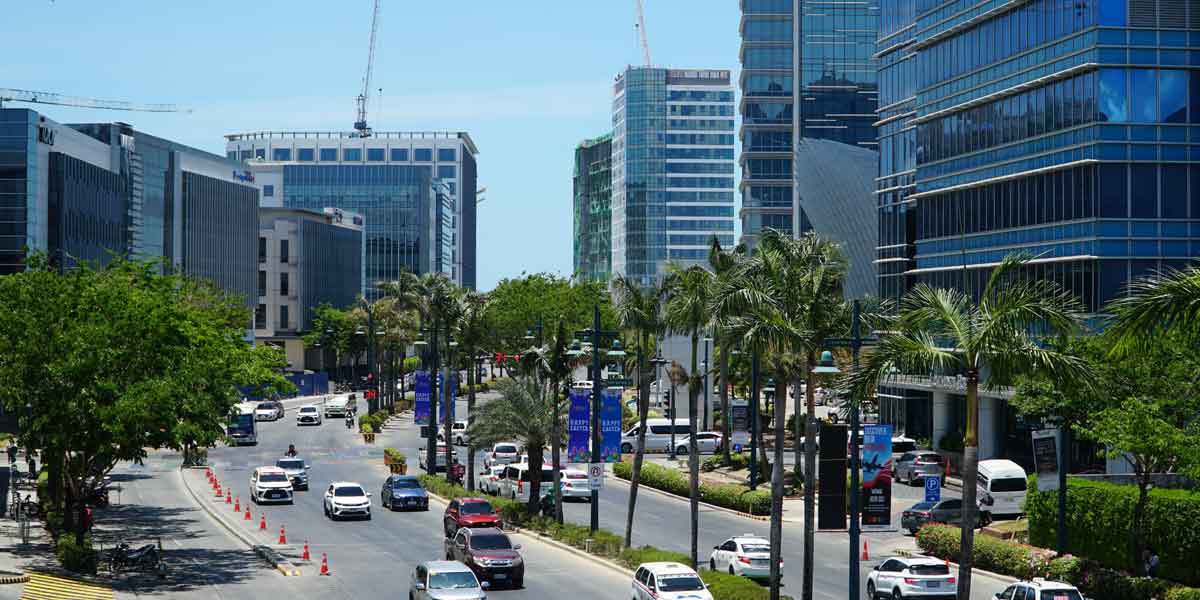By Dr. Rex Casiple
In the last ten years, various reforms in higher education have been made. Included in these reforms is the new graduate programs’ policies, standards and guidelines. The new Philippine graduate programs have two levels: the Master’s Level and the Doctoral Level. Master’s programs are aligned with level 7 of the Philippine Qualifications Framework (PQF). The doctoral level is the highest level of academic degree in any field of knowledge of discipline, thus making it a terminal degree. Doctoral programs are aligned with Level 8 of the PQF. A doctoral program entails the creation of new knowledge in a field of specialization through a dissertation.
The graduate programs that will be implemented in January 2023 are Master’s Programs
in the Sciences and in the Arts, Master’s Programs by Tracks, Other Types of Master’s Programs, Doctoral Programs and Other Types of Doctoral Degrees.
Graduate programs in the Sciences are Master of Science programs that focus on specialized professional fields. They are commonly applied to programs related to natural sciences, engineering and mathematics sciences and information technology. Graduate programs in the Arts are related to the social sciences, humanities and communications. Graduation requirements may either be thesis or creative work which pass jury review. Master’s Programs by Tracks are the thesis tracks and the non-thesis tracks. The thesis track is more on research or research intensive. Students are required to have at least one (1) publication in a refereed journal or juried creative work, such as, artwork, literature, music, paintings, danced, drama productions, architecture and games and applications. Non-thesis track is a professional or coursed-base master’s program. This track requires students to pass a comprehensive examination and to complete a capstone project to be presented to a panel or committee of experts for grading and evaluation.
Other Types of Master’s Programs are Straight Bachelor’s – Master’s (SBM) Program, Dual Doctor of Medicine – Master’s Degree (MDMD) Program, and Dual Master’s Degree (DMD) Program. In the SBM program, both the Bachelor’s degree and Master’s degree (thesis track) can be earned together. It allows students to take graduate courses even before they finish their bachelor’s degree. The maximum number of years to finish the program is five (5) years. In the MDMD program students may be awarded both the Doctor of Medicine and a Master’s degree. The DMD program gives opportunity for students to pursue graduate work in two fields of study by complying with the requirements of the two degrees simultaneously.
Doctor of Philosophy (PhD) program focuses on research. The PhD program has two (2) sub-tracks, namely the Academic Track and the Research Track. The PhD Academic Track requires public defense of the dissertation. And the final output of students is a publication in an international or national refereed journal or have a juried creative work outlet. Doctor of Philosophy (PhD) By Research also requires a public defense of the dissertation. And as final output, students must have a publication in an international or national refereed journal or have a creative work outlet. Doctoral Degree – Professional Track likewise requires a public defense of the dissertation. As final output, students must have a finished, practice-based research gaining new knowledge demonstrated through creative outcomes such as designs, music, digital media, performances and exhibitions. Other Types of Doctoral Degrees are Straight Master’s-Doctoral (SMD) Program and the Dual Doctoral Degrees (DDD) program. In the SMD program both the Master’s and Doctoral degrees can be earned together. Students are required to have a complete dissertation publicly defended and have at least one (1) publication in internationally or nationally refereed journals. The DDD program provides opportunity for students to pursue doctoral degrees in two fields of study. Dissertation should be publicly defended and the final output shall be at least one publication in internationally or nationally refereed journal.
















